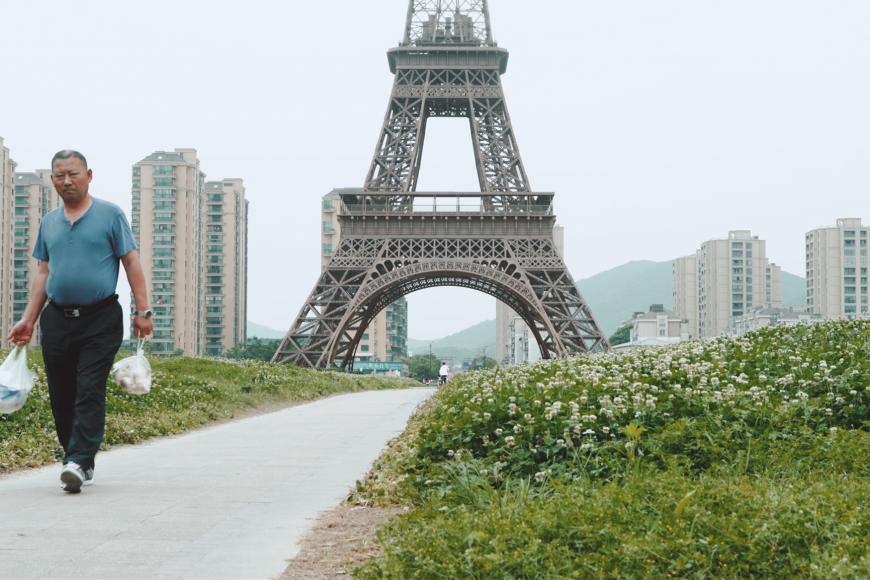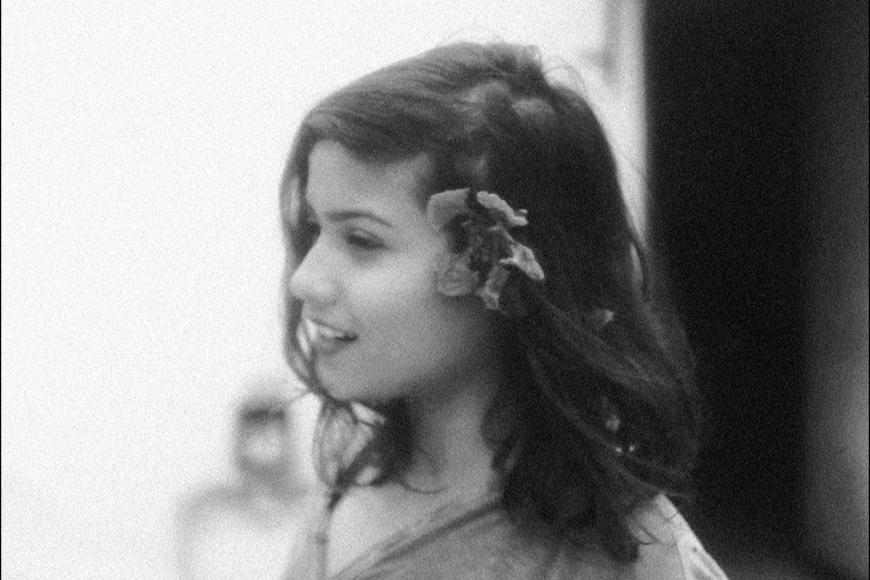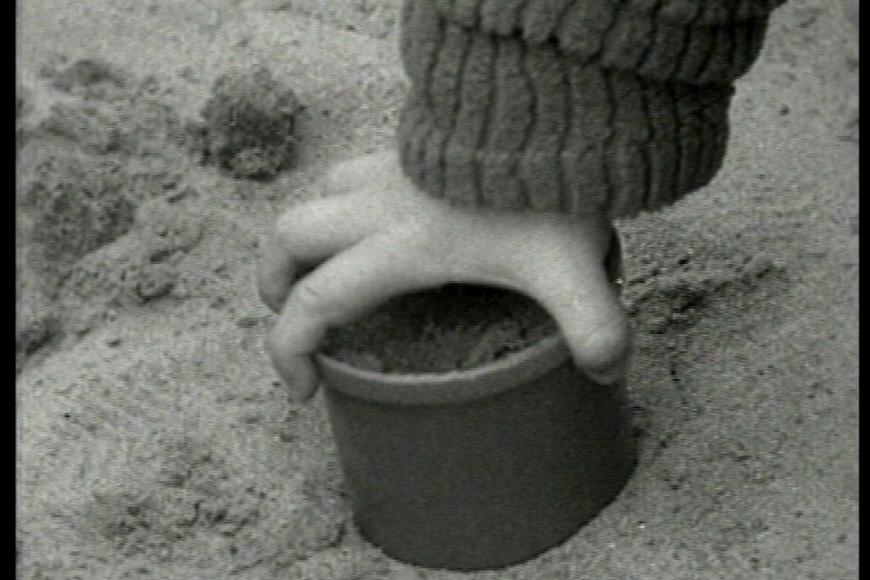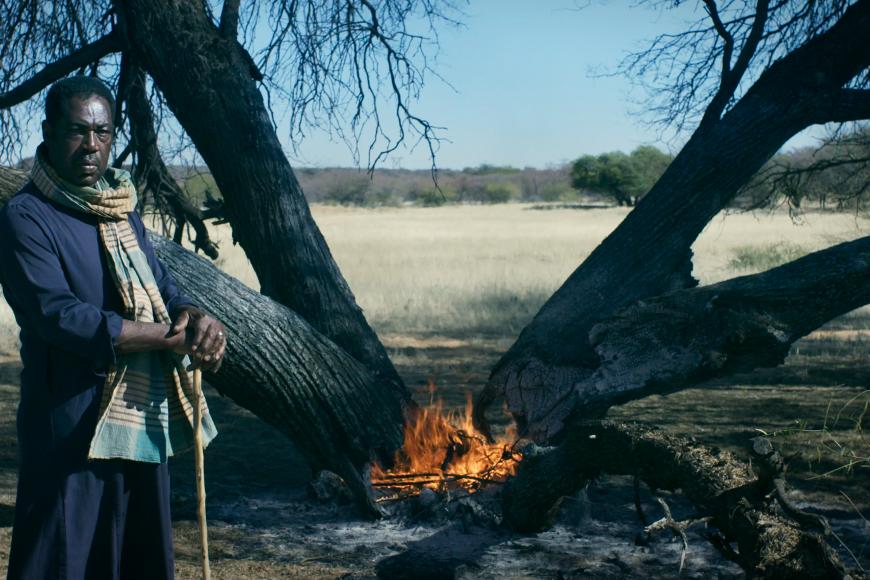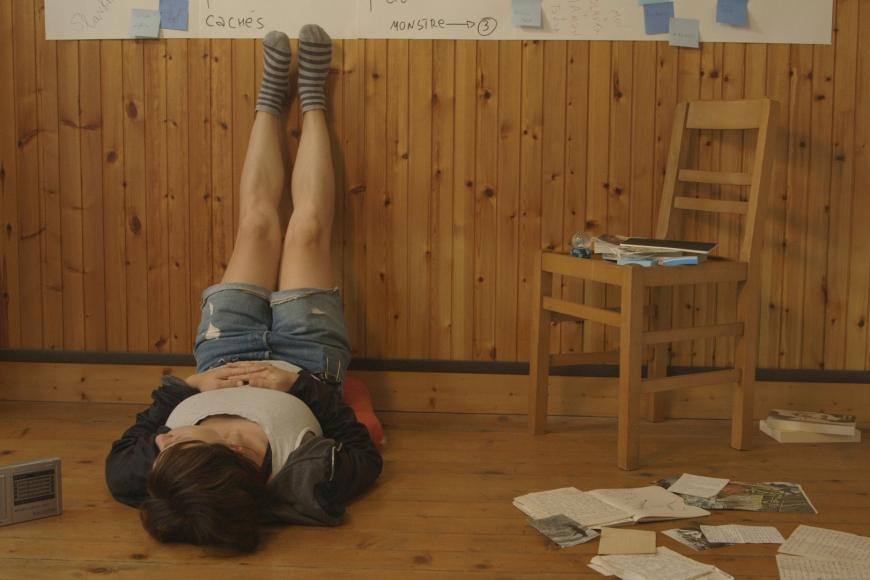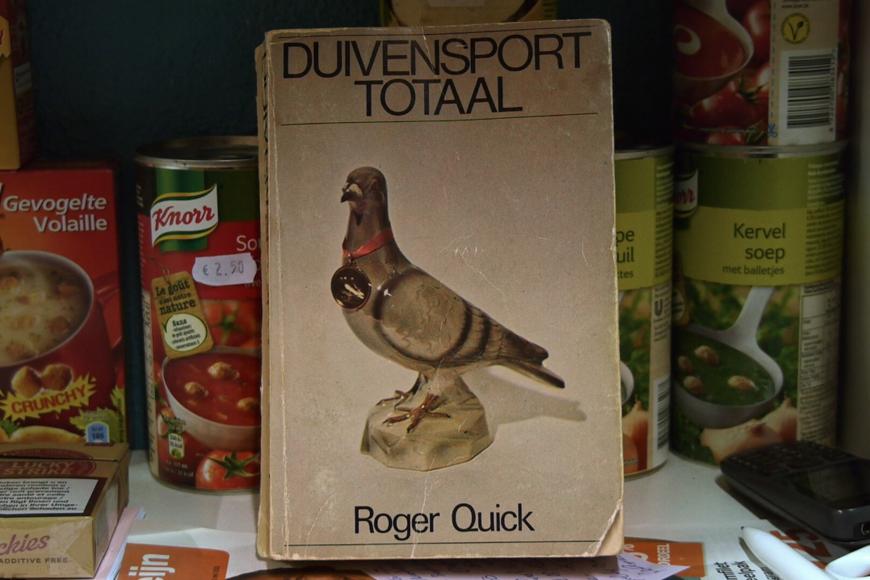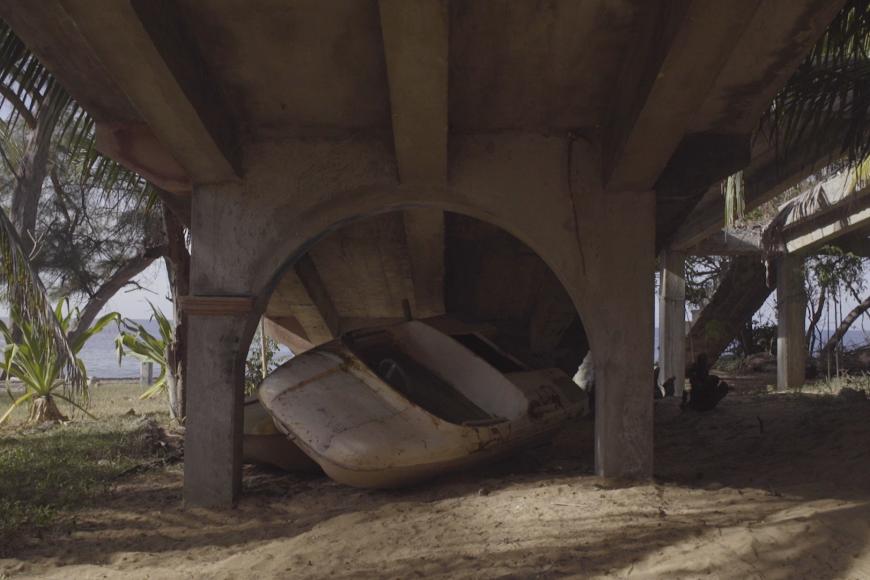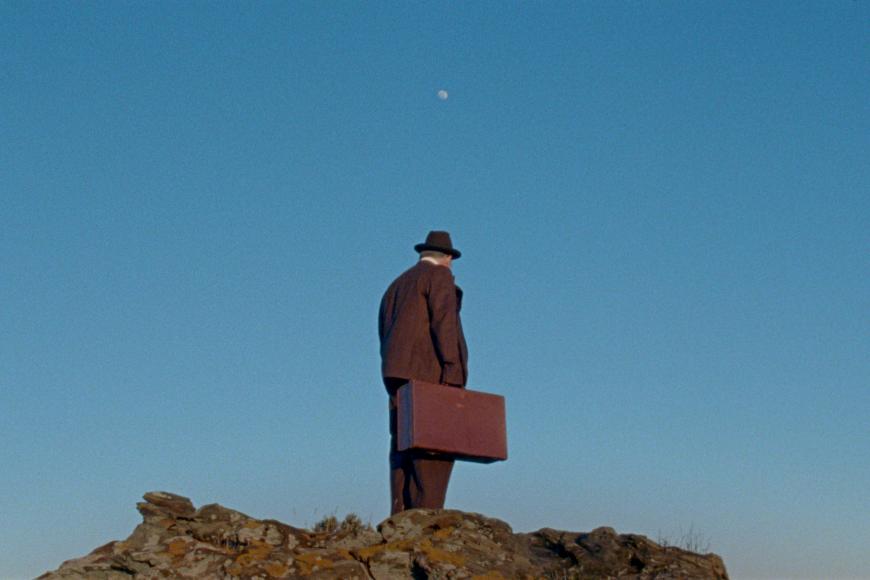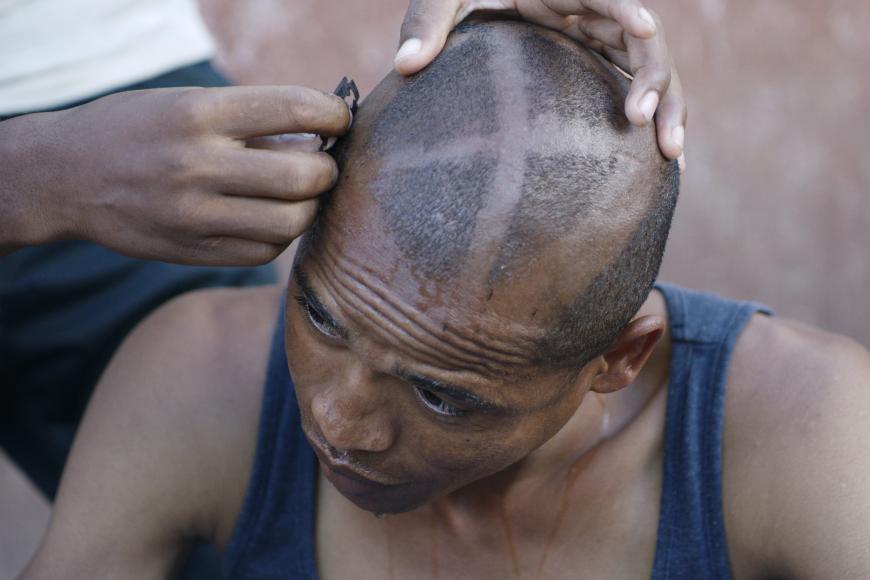Everyday observations from Buenos Aires, shot on black-and-white 16mm film material, alternate with twenty-year-old Hi8 colour shots from New York. The perspective of a father who collects memories for his daughters. The perspective of a son who records his father’s reminiscences. Richard Shpuntoff’s multi-layered montage film is a clever essay on cultural identities, on cities and languages.
When we watch a subtitled film, we look, listen and read at the same time. We assume that the three levels are congruent or at least add up to form a whole. “Even the best subtitles suck”, the subtitles of this film announce, however, because “You are still reading instead of looking at the images.” Translating means rewriting. Therefore, “Everything That Is Forgotten in an Instant” tells parallel stories in images, words and writing: of urban development and power structures in two distant metropolises, of identity and its transgenerational transfer, of three continents and three languages which draw equally dividing and connecting lines through a family. The insecurity caused by the discrepancy between the filmic elements turns into a school of selective perception. Images, languages and texts are no dictate, after all: They leave us a choice.
Christoph Terhechte
